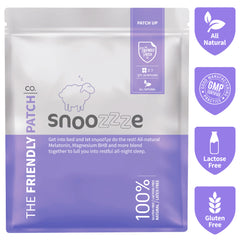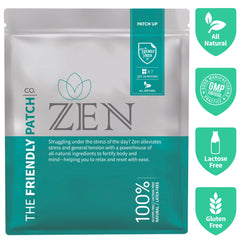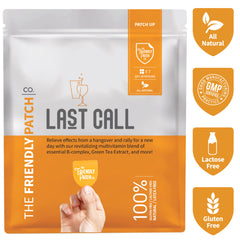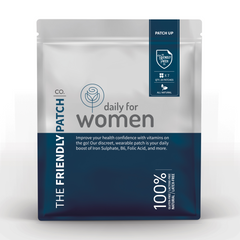We’ve all been there before. We wanted to start exercising daily or reading every night, and we did well for the first week, but then life got in the way, and somehow that new hobby and habit went out of the window. It’s known that habits in themselves are powerful enough that once we establish them, we can do them every day without using certain parts of our brains, meaning our habits are so strong they can send our brains into autopilot. So if habits are so potent, why do they fail when we try to change them or create new ones?
Hacking Habits: Leveraging Science for Lasting Change
Habits fail for many reasons. One reason they fail is that we try to do too much too soon, aka we launch into five new habits at the beginning of the year only for them all to burn to the ground. Or we launch into just one habit quickly without establishing a foundation for that habit. Another reason habits fail is because we don’t leverage the science of habits to our advantage.
Habits work in three-step feedback loops: cue, routine, and reward. You can change your habits by substituting something new for one part of the loop: the routine. But shifting the cue can also help you break bad habits. For example, if you want to drink decaf coffee, by switching the routine of making coffee to decaf beans, you leave the cue (your morning alarm) and the reward (smell and taste of coffee) intact. So keep these three parts present in any habit, and it’s bound to stick. But there’s another crucial part of making habits: willpower.
Willpower is the most important habit we can have, and you can strengthen it by doing seemingly bizarre things that require a lot of discipline, like waking up early, imagining worst-case scenarios, and preserving your autonomy. For example, imagine your boss yelling at you before it happens will allow you to mentally control yourself better when your boss actually does yell at you, and finally, just because we tell you to do something doesn’t mean you’ll do it. And actually, because we’ve told you these things, you’re less likely to do them. That’s the power of autonomy. When we can take ownership of certain parts of our lives, we are more disciplined. It’s no wonder there is a new boom of freelancers and entrepreneurs these days taking control of their lives.
How do we make habits stick?
So knowing all of that, how do we make habits stick? Let’s start with an example: scrolling through social media when you wake up. It is an excellent example of the habit feedback loop. The cue is when your phone alarm goes off. The routine is reaching over to turn your phone alarm off, and the reward is scrolling through all of your new notifications. The habit releases certain chemicals into our brains that can be addicting. How do we break this habit and form a new one? If you can shift one part of the habit loop, you can kick the habit. One way to do that, in this case, is to go out and buy an alarm that isn’t your phone so you can put your phone outside of your bedroom. When you change the cue, you can no longer participate in the routine. Your phone is no longer the alarm and therefore you don’t pick up your phone and scroll through it first thing in the morning. If you can come up with a new reward for not scrolling on your phone, like making coffee instead, you can kick the habit, but you have to keep all parts of the loop intact when you make the change: cue, routine, reward. Get creative and invent your new habit feedback loop.
Building Lasting Habits: The Cue-Routine-Reward Framework
Habits that stick have to have all three parts of the loop. So, you want to start running every morning or stick with your daily vitamin patch? Pick a cue, like your alarm clock or breakfast, and create the routine (getting your vitamin patch from the cabinet or putting your running shoes on) and reap the reward: feeling the boost of endorphins or the boost of a consistent flow of vitamins. Stick to the cue, routine, and reward for 14 days, and you’ve got yourself a new habit! While we have the best intentions with new year’s resolutions, if we don’t back up our motivation with structure, we are more likely to fall back into our old ways.
This year it’s never too late to create new healthy habits and The Friendly Patch is sticking by your side to help live your best life.






